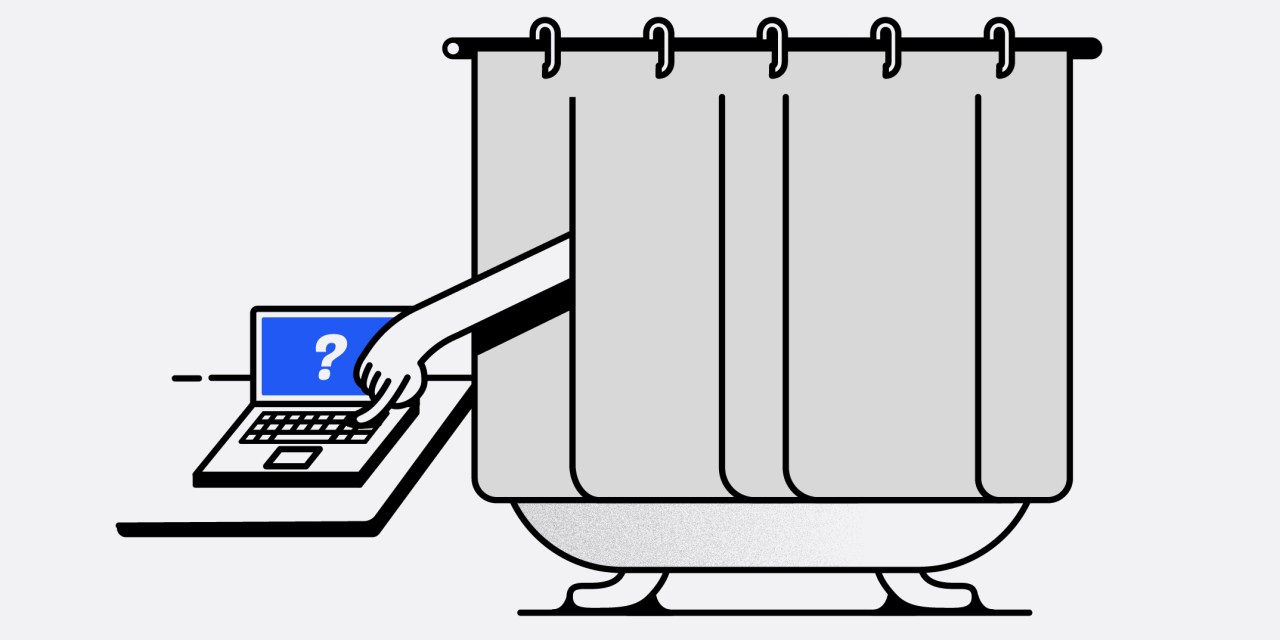Hangover and ‘disappointment’ days: Unusual flexible work policies that will have you raising a glass

Imagine the chaotic scene: you wake up with a pounding head and bloodshot eyes, and last night’s clothes, which reek of alcohol, are strewn carelessly throughout your home. And, worst of all, you have to be in the office in 10 minutes.
Once upon a time, you might have “pulled a sickie,” but now you can be honest because you remember, thankfully, that your employer has a “hangover day” policy. So you message your boss to say you won’t be coming in today.
The Audit Lab, a digital marketing agency in Bolton, near Manchester in the U.K., established such a policy in the summer of 2019. As per the rules: “A hangover day is essentially a work from home day that is booked in last minute. Due to the nature of our industry, which can involve schmoozing with clients and networking, there are a lot of conferences, events and work dos. Our approach acknowledges that our staff may like to enjoy a drink or two at these events.”
The blurb continued: “A hangover day then allows them – if they’re feeling a little worse for wear the morning after – to ring up their line manager and ask if they can still complete their work, but from the comfort of their own sofa. Or bed, we don’t judge.”
The organization’s commercial director, Claire Crompton, said the perk has been well received by staff and even helped to attract new talent. “It was also a way to balance out the perks that parents have with flexibility, and it fits in with our culture as it’s about honesty,” she added. “Our staff respect us back, and don’t take advantage.”
Duvet and disappointment days
This analysis chimes with what Phil Drinkwater, a U.K.-based business coach, has experienced. “There’s no point in an employee paying for hours of a hangover, and it might be unpleasant for the employee, colleagues or customers – so, really, everyone wins,” he said. “My company uses duvet days — they are like hangover days, but for a broader audience.”
Elsewhere, Stockholm-headquartered Tilly, a company that provides personalized fertility support, encourages staff to take advantage of two uncommon policies. Its “trying to conceive” policy enables employees to take paid leave for vital appointments and treatments. And “disappointment day” is for people impacted by miscarriage and negative pregnancy tests.
“Tilly’s policies around fertility support are important for multiple reasons,” said co-founder Anna Sane. “Firstly, they help our employees get through what is often a tough and misunderstood challenge, with less pressure or stress than many others unfortunately face in the workplace. Secondly, having these policies in practice opens the dialogue around fertility, which helps us lessen the taboos surrounding these experiences.”
She argues that being able to recognize and address a topic openly has a strong, positive impact on mental well-being. “There are few subjects surrounded by such pervasive ‘silence culture’ as fertility,” Sane added. “We can’t take the struggle away, but we can ensure that no one at Tilly experiences fertility discrimination and help them get the support they need for their journey — just like they would with any other medical condition.”
Deserving of care and support
The events of the last two years have increased the need to support staff mental health. While policies such as hangover days and disappointment days are currently unusual, they indicate a broader trend. As another example, in December 2021, Michigan- and California-based creative production agency Hook went even further. It announced a “Ctrl-Alt-Retreat” plan to reward its 100-strong team with a mandated month-long break over the festive season.
“Burnout is both real and avoidable,” said Alison Davis, chief operating officer at Hook. “With fewer colleagues taking time off these days when feeling mentally or physically under the weather, we feel that now is the time to reinforce that our employees’ well-being is incredibly important.”
She added: “Plus, we know that productivity is not a reflection of hours worked, and by closing shop for a month, we’re creating space so that each of our team members feels empowered to take time for themselves and their families.”
A copywriter at Hook, Danielle Chesney described how the surprise 30-day break gave her the freedom to read 800-page books every few days, without fear of missing work deadlines, and without being jerked awake early in the morning by her alarm clock. “You don’t know how impactful that is until you realize that what feels selfish, in a world focused on productivity, is imperative to lead a happy, fulfilling life,” she said. “It wasn’t about getting rested to be a better employee when I came back. It was about taking care of myself, because I deserve to be taken care of.”

